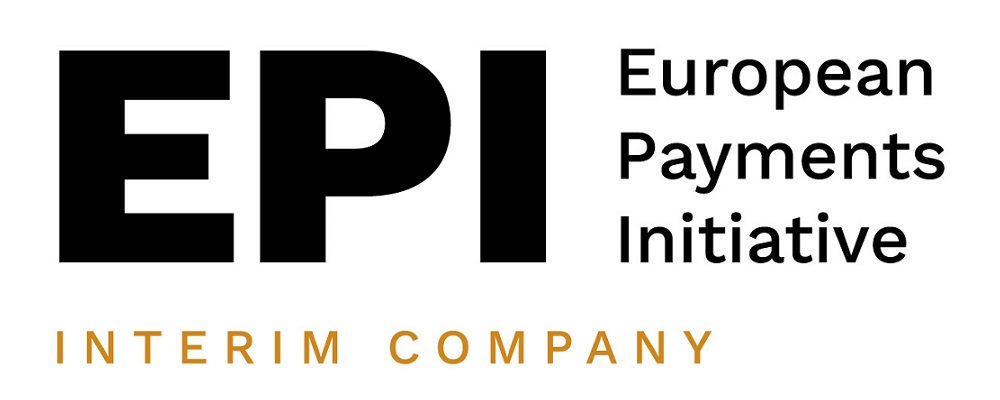
The Paypers speaks in an exclusive interview with Martina Weimert, CEO of EPI Interim Company, about the latest announcements and developments and future plans for the EPI project.
Backed by the European Central Bank, EPI envisaged a unified, innovative pan-European payment solution leveraging Instant Payments SEPA Instant Credit Transfer (SCT Inst) and cards, offering a digital wallet to consumers and merchants across Europe. EPI is set to become a new standard in payments for European consumers and merchants across all types of retail transactions including in-store, online, cash withdrawal, and P2P.
Several banks (from Spain, Germany, Finland, and Poland) withdrew from the project. What led these banks to abandon EPI plans?
The causes of withdrawal vary. For Finland and Poland, the simple explanation is that in both markets we had just one participant bank. This was not enough to drive market adoption. Regarding Spain, CaixaBank, the biggest bank in Spain, was the first one that withdrew. I think the business case was too complicated for them. Nevertheless, this triggered other Spanish banks to withdraw: since the main Spanish bank left, the others followed.
This ultimately had another negative domino effect on DZ Bank in Germany, the corporative banks that pulled out alongside Commerzbank and HVB Unicredit. These three banks have withdrawn because they considered that it would be difficult to issue a European card if it does not work in important markets like Spain. Overall, the whole movement required to pause and think. Those who remained are actually the biggest European banks and the two big European acquirers (Worldline and Nexi). Without these banks in Germany, we could not introduce the German card scheme anymore. because for cards, as you know, you need to shift the domestic card volumes and you need to have critical mass from the beginning. Otherwise, it would not gain traction.
At the end, doing a European card scheme only the French and the Belgian banks would not have been a European but a bi-national card scheme.
So, what’s next?
Thus, we have decided to redefine EPI`s scope and agreed that, unfortunately, we have to abandon the card scheme plans (the idea of creating a European card scheme and setting up a European card). Nevertheless, with the remaining banks and players, we agreed that it would make sense to focus on an account-to-account instant payment solution for all kinds of use cases, all through a wallet.
That is the most innovative part we are focusing on right now. Although the card would have been nice due to the tremendous volumes that usually come with cards, we decided to focus on the account-to-account instant payment part instead. And since we implement it through a wallet, we can also address the digital Euro and digital identity features (we can integrate them quite easily in the wallet).
For more details access the full interview here
Banking 4.0 – „how was the experience for you”
„To be honest I think that Sinaia, your conference, is much better then Davos.”
Many more interesting quotes in the video below: